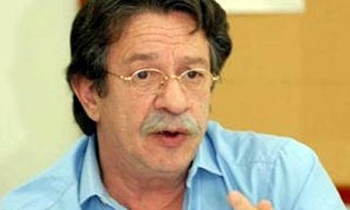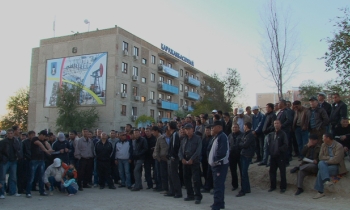Najam Sethi, editor-in-chief of Friday Times and Daily Times in Pakistan, has been awarded the 2009 Golden Pen of Freedom, the annual press freedom prize of the World Association of Newspapers (WAN).
Sethi, whose newspapers advocate liberal and secular ideas in a country too-often torn by religious extremism, was honoured for his outstanding defence and promotion of press freedom under difficult circumstances and constant personal danger.
Due to the editorial policies of the newspapers, which condemn autocracy and religious fundamentalism, Sethi has been at odds with both Pakistani authorities and religious groups for many years. He has been threatened with death by the Taliban and other radical Muslim groups, and has been jailed and beaten for offending the government.
“All journalists are aware of the dangers of inciting extremists who violently oppose reporting that is contrary to their view of the world,” said the Board of the Paris-based WAN, meeting in Beirut, Lebanon, in making the award. “Sethi has chosen, in a region fraught with such dangers, to brave them. His commitment to providing truthful and independent coverage in this region, despite great personal danger and sacrifice, is in the best traditions of journalism. We think the award will inspire others to resist such pressure.”
The award will be presented at the World Newspaper Congress and World Editors Forum, the global summit meetings of the world’s press, to be held in Hyderabad, India, from March 22-25 next (www.wanindia2009.com).
Sethi’s home and office are under constant guard. The Taliban threatened to kill him if he did not change his editorial policy. He has also received death threats from radical Muslim groups after he published a cartoon that depicted Umme Hassaan, principal of a radical women’s school, “educating” female students to wage jihad and embrace martyrdom.
Sethi was imprisoned on May 8, 1999 for “anti-national activities” after he participated in a BBC documentary in which he spoke negatively of then-Prime Minister Nawaz Sharif and corruption in the Pakistani government. He was released after six weeks and charges were dropped after an international outcry pressured Sharif’s government to release him. Sethi has long reported on corruption at the highest levels of Pakistan’s government.









